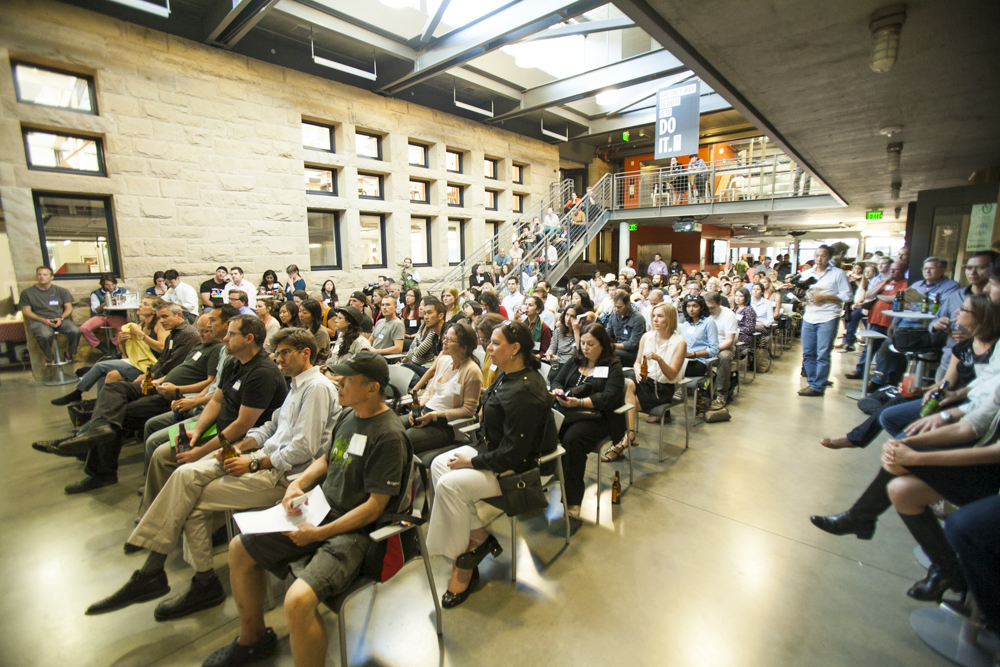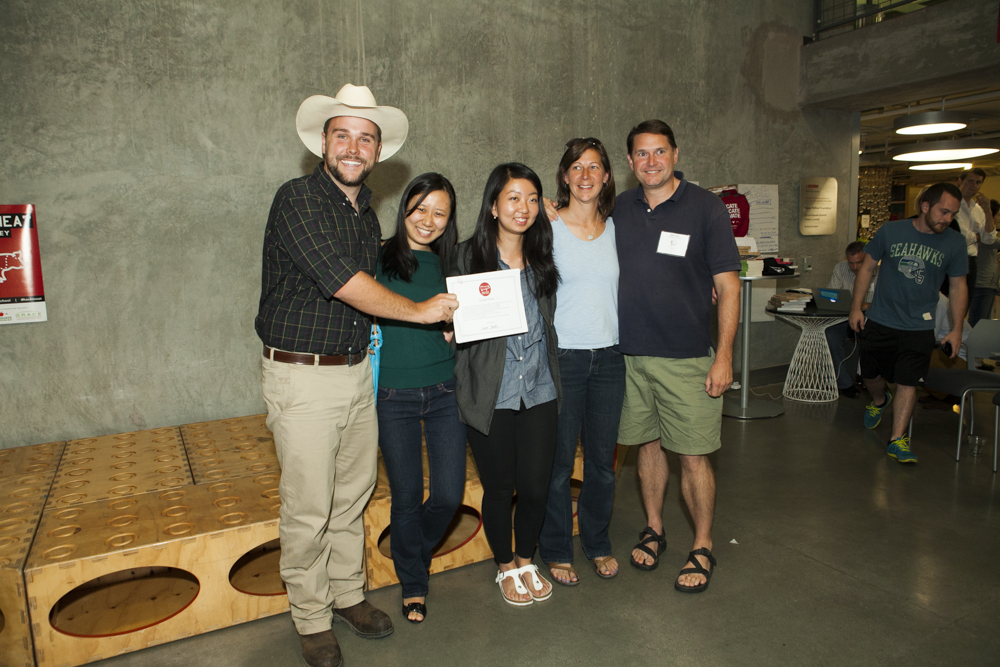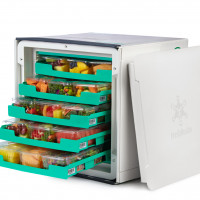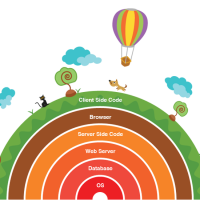A little over three months ago, we hosted Hack//Meat Silicon Valley, a hackathon that brought together 250 food industry leaders, entrepreneurs, technologists and creatives to develop hardware and software solutions to sustainable meat challenges. Ten winning teams were awarded prizes worth more than $125,000, including cash and consulting services from industry leaders to help them continue development of their projects.
Since the hackathon, many teams have continued working on their projects, so we’ve decided to share their progress through a series of blog posts over the coming weeks.
We lead off with the grand prize winning team, Farmstacker, which began as an eHarmony or AirBnb-like tool to connect young farmers to land and capital. We touched base with the team to find out how their concept has changed, what challenges they’ve faced and what may be next on the horizon.
We encourage you to share your feedback and/or resources in the comments below or by emailing nina[at]foodtechconnect[dot]com.
Food+Tech Connect: What challenges have you faced in continuing to develop your idea and testing your prototype?
Farmstacker: By far the biggest challenge the FarmStacker team has had is that none of us came to Hack//Meat Silicon Valley expecting to win– much less to start to startup. We have all had to reconcile FarmStacker with the other commitments we have in our lives. We had a great time at Hack//Meat, and a highlight for all of us was getting to jam as a team with people we hadn’t met prior to the event. Following the event’s conclusion on June 23rd, we continued to show great team work in throwing up a FarmStacker website, a Facebook page and Twitter account the next day. And over the next two weeks we had to respond to a ton of inbound requests from media, potential investors and partners and service providers. All of the press and attention was extremely exciting. In fact, because of FarmStacker, one of our team members, Kevin Watt, was asked to join our local land trust’s committee of next generation leaders, and another team member, Emily Wang, did her first live radio interview.
July 4th weekend we reassembled the team for a four hour strategy discussion where we made good progress in flushing out a business model and next steps. At that meeting we also had to have a hard discussion about what level of effort each of us could put in to FarmStacker. For instance, one team member was heading out of the country for a month in August and another was heading off to business school. While each of us were excited about FarmStacker’s potential and wanted to do as much as possible to support the team, we had be realistic about how we could mesh FarmStacker with the rest of our lives.
July and August were spent refining the business model even more, lining up beta partners to help test our business model in the local market, and understanding how our concept stacked up vis-a-vis other established players who share our goal of providing young farmers the resources to get on farmland. We also validated the economics and uniqueness of our approach with some friendly venture capitalists who invest in this area. We made it clear to the investors that at this nascent stage we weren’t raising money, so we were all the more thankful they gave us their valuable time, knowledgeable feedback and encouragement. We also enlisted two fantastic advisors: Jesse Cool, a local celebrity chef in Silicon Valley, who is strongly committed to local and sustainable food and also works closely with the local land trust, and Matt Rothe of the Feed Collaborative at Stanford’s D School, who brings us both knowledge of local food systems, as well as experience from his days as Director of Operations. at Niman Ranch.
In September, we incorporated FarmStacker and started to draft contracts for our first beta test.
FTC: How has your technology and business model evolved since the hackathon?
FS: We have a much more granular and educated view of the economics of creating a marketplace to get more young farmers on underutilized agricultural land. Now we need to prove out our economic assumptions in our beta tests. Since we are still proving our basic assumptions in small batch tests, we haven’t really focused on building out the technology yet.
FTC: What additional feedback, support or resources do you need to move forward?
FS: We need to get legal assistance to help get contracts written and we need some assistance with finances. If our beta tests work, we will then want to raise capital and hire technology talent.
FTC: What are the next steps for Farmstacker?
FS: Make the beta tests work!



![Reducing Food Waste & Creating a Sustainable Supply Chain [Infographic]](https://foodtechconnect.com/wp-content/uploads/2015/06/Screen-shot-2015-06-26-at-2.56.05-PM-200x200.png)



